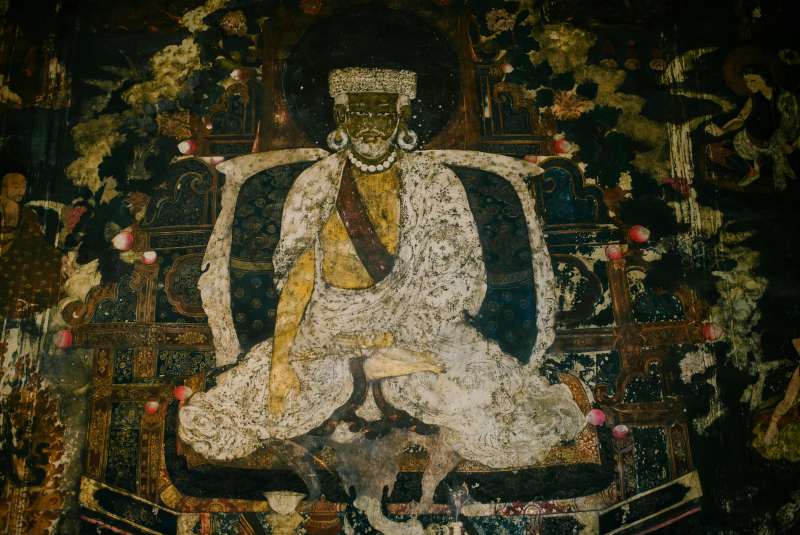Only those who have discovered themselves can discover the world
Published on: July 28, 2025
The pursuit of self-discovery is a central tenet in Eastern philosophies. This concept emphasizes the need for an individual to understand their own nature, characteristics, and essence before they can fully comprehend the world around them. Self-discovery is not a one-time event, but a continuous process that requires introspection, self-analysis, and reflection.
Eastern philosophies such as Buddhism, Taoism, and Hinduism often stress the importance of self-discovery. They advocate that the journey to external understanding begins with the journey to internal understanding. This includes understanding one's own thoughts, emotions, motivations, and desires. Only by truly understanding oneself, they argue, can one hope to understand others and the world at large.
Self-discovery, according to these philosophies, is closely tied to personal growth and development. A person who understands themselves is more likely to be compassionate, empathetic, and understanding towards others. They are more likely to be self-aware, mindful, and present in their daily lives. This can lead to greater fulfillment, happiness, and a deeper sense of purpose.
Moreover, self-discovery can also play a crucial role in effective decision making. By understanding one's own values, beliefs, and principles, one can make decisions that are in line with their true selves. This can lead to a life that is more authentic, satisfying, and meaningful.
Despite the importance of self-discovery, it is often overlooked in favor of external achievements such as wealth, status, and power. However, as Eastern philosophies suggest, true understanding and fulfillment come from within. Hence, the journey to self-discovery, while challenging, can be one of the most rewarding endeavors an individual can undertake.










